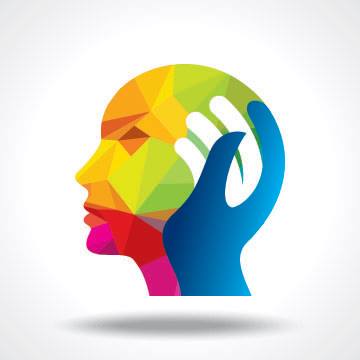 © Can Stock Photo / Massonforstock
© Can Stock Photo / Massonforstock
Here you are again, tired after another restless night. You gave up spicy foods, impulsive trips to Starbucks and Happy Hour; reduced your stress and exercised more. You should be sleeping like a baby. Instead, you still feel sleep deprived. Sleep quality is affected by a number of factors. Some are pretty straightforward, but a few may come as a surprise. Here are five of them.
- Sleeping with your pets. Researchers at the Mayo Clinic Sleep Disorders Center found that 53% of people who sleep with their pets reported experiencing some form of sleep disturbance. Pets and humans have different wake and sleep cycles. Your dog’s penchant for hogging the bed and your cat’s determination to play with you at 2 a.m. may be more than enough to reduce the quality of your sleep.
- Electronic displays. Have you ever gotten out of your bed in the middle of the night to snuff out that little blue light on the electronic display? Why does it seem to light up the entire room at 2 o’clock in the morning? Light sends a message to your brain that it is time to wake up. Melatonin is a naturally occurring hormone that is controlled by light exposure and it helps regulate your sleep-wake cycle. At night, your body churns out melatonin to make you sleepy; during the day, it slows production to keep you awake and alert. So, can that tiny little glow that’s great for helping you find your way to the bathroom be the culprit to ruining a great night’s sleep? Researchers at The Ohio State University seem to think so. They found even a small amount of light from a cell phone or computer is enough to disrupt the production of melatonin and your sleep.
- Using electronic devices. Ninety-five percent of people surveyed by the National Sleep Foundation reported using an electronic device such as a computer, video game, cell phone or TV within an hour before bed at least a few nights a week. Extended exposure to the light from these devices can disrupt the release of melatonin, which promotes sleep. It also stimulates your mind and keeps you awake.
- Smoking. Researchers at John Hopkins University School of Medicine found that smokers are four times more likely than nonsmokers to feel less rested after a night’s sleep. They attribute the nicotine in cigarettes, which acts as a stimulant, to smokers’ difficulties in falling sleep. They also think that smokers tend to experience nicotine withdrawal during the night, which further contributes to less restful sleep.
- Living your life in your bed. Activities such as eating meals and working in bed may make it harder for you to relax when you are finally ready to go to sleep. Only two things should come to mind when you go to bed at night: sleep and sex. Avoid living in your bed as if you’re going through your daily routine. Eventually your bedroom will become a strong visual cue for the two activities for which it was intended, one of which is a good night’s sleep.
